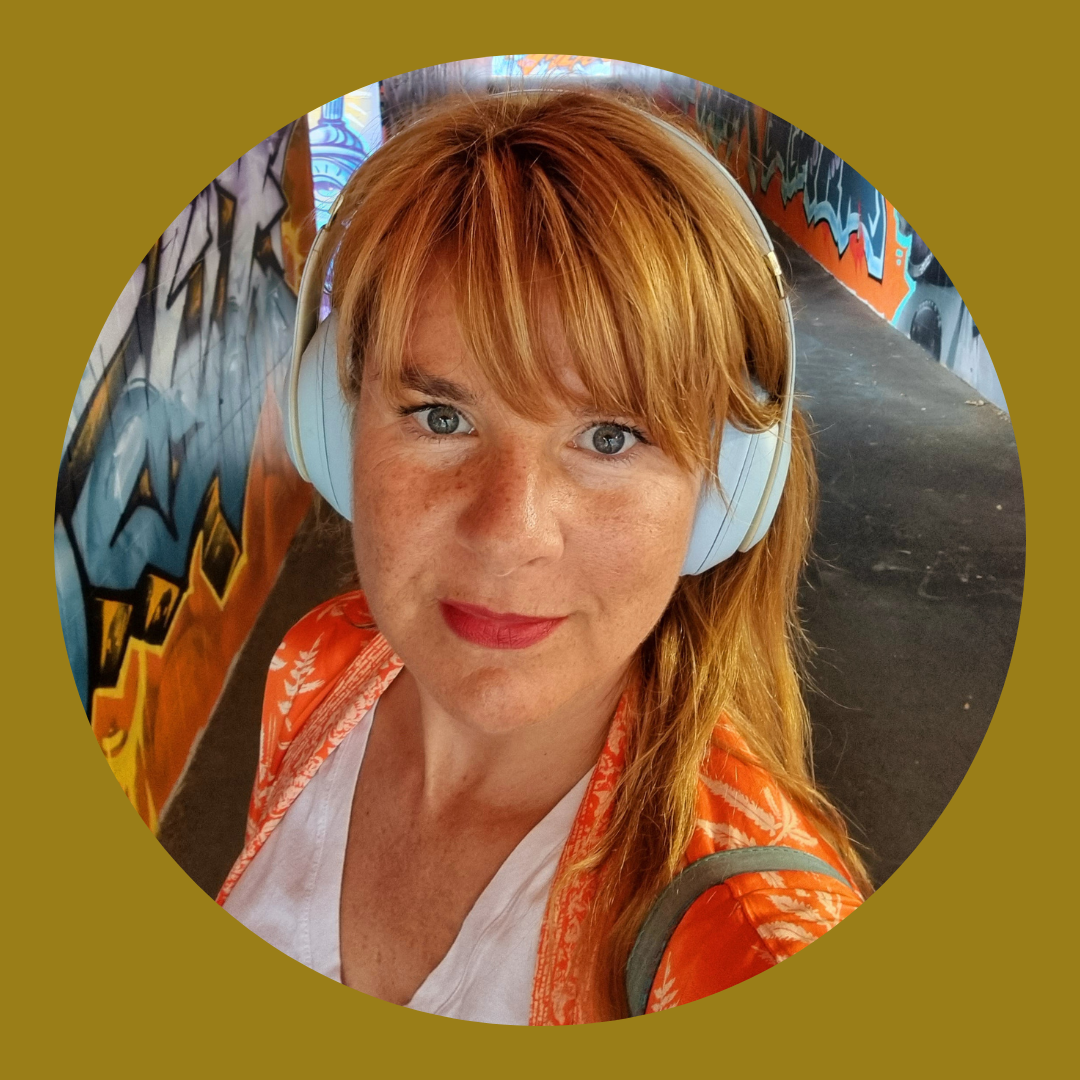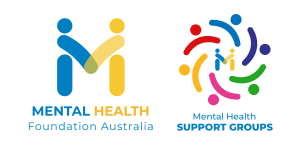Bipolar Support Group
(Face-to-Face)
The ABS reports that approximately 2.9% of the Australian population aged 16 and over have Bipolar Disorder. The Bipolar Disorder support groups discusses a wide variety of topics that affect the lives of the attendees.
The purpose of our support groups is to provide an opportunity for people living with bipolar disorder to connect with other diagnosed people with similar experiences. Group members gain strength and support from each other, and learn new ways of coping through sharing feelings, knowledge, information and ideas. This support group is for people affected with Bipolar Disorder.
Note: This group is not provided for carers, this group is only for consumers affected with bipolar disorder.
From workplaces, medications, family, friends and relationships. This group is a non-judgemental and safe space to discuss coming to terms with Bipolar Disorder and how you live a happy and productive life. This support group is led by a trained facilitator with lived experience of Bipolar Disorder.
Each MHFA Support Group is free.
Please note that this Bipolar Support Group is face-to-face only. If you are looking to attend an ONLINE bipolar support group meeting, visit the link below:
Online Bipolar Support Groups Meetings (runs twice every month): https://www.bipolarlife.org.au/online/
Women's Online Bipolar Support Group: https://www.bipolarlife.org.au/womens-online/
For Online Mood Disorders Group, visit here: https://supportgroup.mhfa.org.au/mood-disorders-support-group-online
Join the Face-to-Face Bipolar Support Group
Schedule
Every second Wednesday of the month
7:00pm - 8:30pm
Mental Health Foundation Australia
How to get there?
Face-to-Face sessions are conducted at the Mental Health Foundation Australia located at G1, 10 Yarra Street, South Yarra VIC 3141.
If you plan to attend in-person, public transport is the easiest way to access the Wellness Hub. Private parking is available in the area- please be aware of closing times.
About Bipolar Disorder

Sarita Maizel, Bipolar Support Group Facilitator
Sarita facilitates the Bipolar Support Groups. Having been diagnosed with Bipolar 7 years ago, she finds these peer groups extremely therapeutic. She is highly skilled and competent when hypomanic, not so much at other times. She has done extensive research, reading and study on Bipolar and other mental illness. But then again, she has done so with Yoga, Ballroom dancing and Bee keeping... Emotionally mature and compassionate she creates a safe space that makes hersgroups fun and engaging. In 2006, she moved to Melbourne from the French part of Canada.


